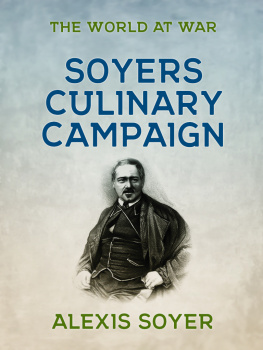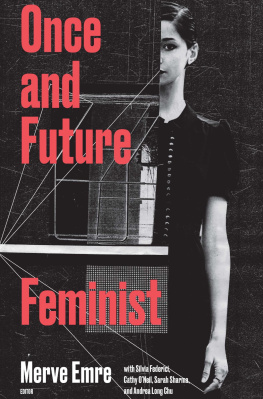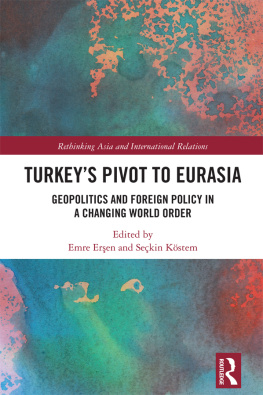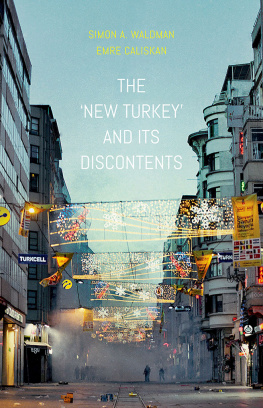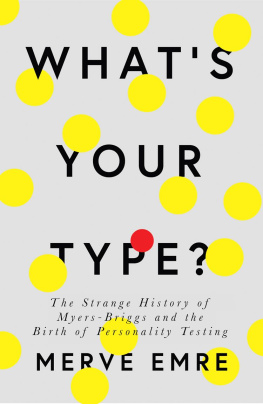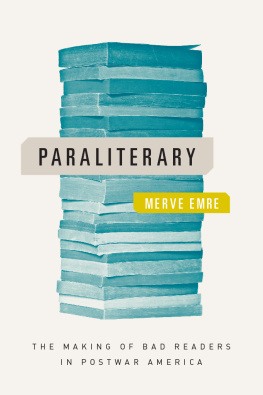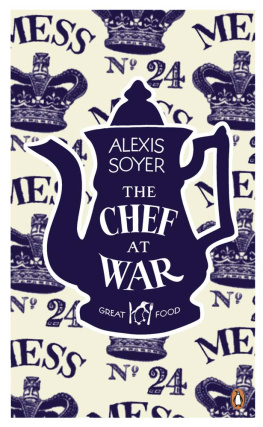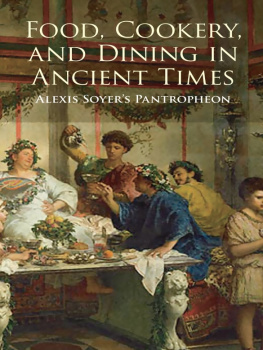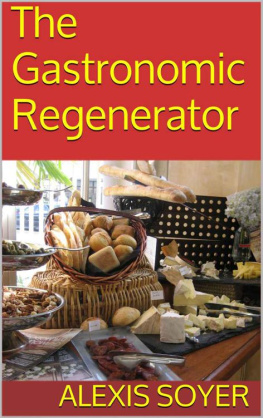Emre Soyer - The Myth of Experience
Here you can read online Emre Soyer - The Myth of Experience full text of the book (entire story) in english for free. Download pdf and epub, get meaning, cover and reviews about this ebook. year: 2020, genre: Religion. Description of the work, (preface) as well as reviews are available. Best literature library LitArk.com created for fans of good reading and offers a wide selection of genres:
Romance novel
Science fiction
Adventure
Detective
Science
History
Home and family
Prose
Art
Politics
Computer
Non-fiction
Religion
Business
Children
Humor
Choose a favorite category and find really read worthwhile books. Enjoy immersion in the world of imagination, feel the emotions of the characters or learn something new for yourself, make an fascinating discovery.

- Book:The Myth of Experience
- Author:
- Genre:
- Year:2020
- Rating:5 / 5
- Favourites:Add to favourites
- Your mark:
- 100
- 1
- 2
- 3
- 4
- 5
The Myth of Experience: summary, description and annotation
We offer to read an annotation, description, summary or preface (depends on what the author of the book "The Myth of Experience" wrote himself). If you haven't found the necessary information about the book — write in the comments, we will try to find it.
The Myth of Experience — read online for free the complete book (whole text) full work
Below is the text of the book, divided by pages. System saving the place of the last page read, allows you to conveniently read the book "The Myth of Experience" online for free, without having to search again every time where you left off. Put a bookmark, and you can go to the page where you finished reading at any time.
Font size:
Interval:
Bookmark:
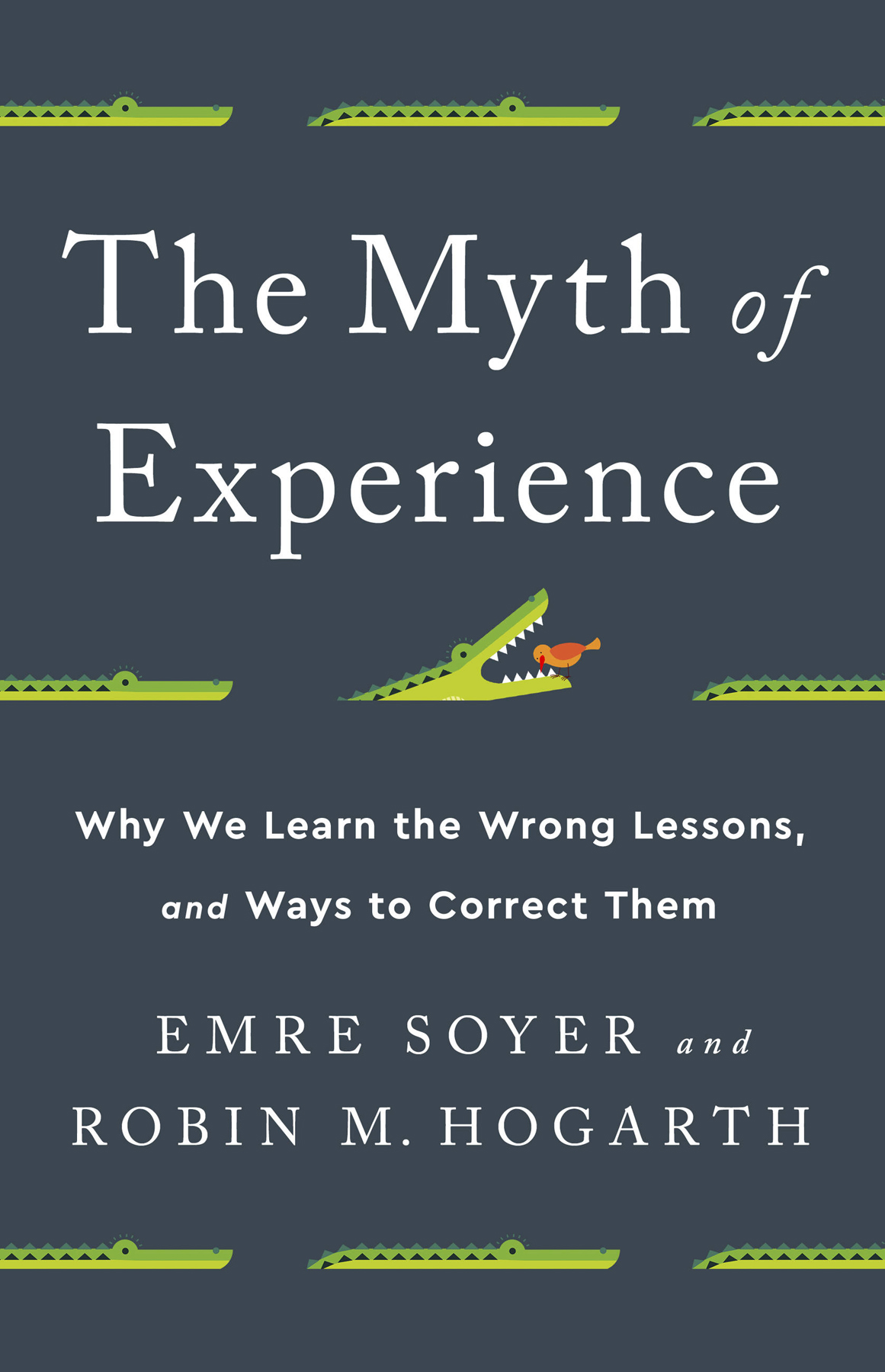
Copyright 2020 by Emre Soyer and Robin M. Hogarth
Cover design by Pete Garceau
Cover copyright 2020 Hachette Book Group, Inc.
Hachette Book Group supports the right to free expression and the value of copyright. The purpose of copyright is to encourage writers and artists to produce the creative works that enrich our culture.
The scanning, uploading, and distribution of this book without permission is a theft of the authors intellectual property. If you would like permission to use material from the book (other than for review purposes), please contact permissions@hbgusa.com. Thank you for your support of the authors rights.
PublicAffairs
Hachette Book Group
1290 Avenue of the Americas, New York, NY 10104
www.publicaffairsbooks.com
@Public_Affairs
First Edition: September 2020
Published by PublicAffairs, an imprint of Perseus Books, LLC, a subsidiary of Hachette Book Group, Inc. The PublicAffairs name and logo is a trademark of the Hachette Book Group.
The Hachette Speakers Bureau provides a wide range of authors for speaking events. To find out more, go to www.hachettespeakersbureau.com or call (866) 376-6591.
The publisher is not responsible for websites (or their content) that are not owned by the publisher.
Names: Soyer, Emre, author. | Hogarth, Robin M., author.
Title: The myth of experience : why we learn the wrong lessons and ways to correct them / Emre Soyer, Robin M. Hogarth.
Description: New York : PublicAffairs, 2020. | Includes bibliographical references and index.
Identifiers: LCCN 2020011530 | ISBN 9781541742055 (hardcover) | ISBN 9781541742062 (ebook)
Subjects: LCSH: Experiential learningSocial aspects. | Experience. | Social psychology. | Social sciences.
Classification: LCC BF318.5 .S69 2020 | DDC 153.1/52dc23
LC record available at https://lccn.loc.gov/2020011530
ISBNs: 978-1-5417-4205-5 (hardcover) 978-1-5417-4206-2 (ebook)
E3-20200730-JV-NF-ORI
To the memory of Hilly Einhorn
Explore book giveaways, sneak peeks, deals, and more.

If history repeats itself, and the unexpected always happens, how incapable must Man be of learning from experience!
GEORGE BERNARD SHAW
Man and Superman
D O YOU TRUST YOUR EXPERIENCE?
Most people do. Our personal experience shapes our preferences, educates our intuition, and guides our decisions. Its our treasured teacher, whose lessons stay with us for a long time. Society at large venerates experience. We want our doctors, judges, politicians, and managers to have plenty of it. The more, the better.
Great. What can go wrong?
Unfortunately, an excessive or unthinking reliance on experience can lead to distressing results. In fact, things can get bloodyvery bloody.
Two weeks before the start of the nineteenth century, the sixty-seven-year-old George Washington fell ill. The first president of the United States was feverish. He had a severe inflammation in his throat, which had started interfering with his breathing. His aide promptly called his three physicians.
There was little doubt about the required treatment: bloodletting. The doctors and Washington himself immediately urged the widely used procedure. Abundant and repeated bloodletting was a key ingredient of health care of the day, often accompanied with blistering, enemas, and purging. Washington had access to the best
Washingtons condition was serious even before his doctors arrived, and he may have been beyond saving with the methods available at the time. But because of the treatment he endured, Washington lost his blood when he needed it most. As a result, he likely suffered more because of the well-intentioned attempts to help him.
Generations of practice and clinical experience supported the use of bloodletting. For millennia, it had been considered a cure for all kinds of disorders. In his first-century medical treatise De Medicina, Roman scholar Celsus declared that to let blood by incising a vein is no novelty: what is novel is that there should be scarcely any malady in which blood should not be let.
The Greek physician Galen of Pergamum avidly advocated the procedure in the second century and ended up profoundly shaping Western medical practice for centuries to come. William Harvey, the English physician who was among the first to discover the bloods circulatory system, still maintained in the seventeenth century that daily experience satisfies us that bloodletting has a most salutary effect in many diseases, and is indeed the foremost among all the general remedial means. So we kept on bleeding.
Benjamin Rush was a contemporary of Washington, a highly respected physician and a cosigner of the Declaration of Independence. He strived to improve the conditions of his community by opposing slavery, advocating for prison reform, and supporting better education for all.
When a yellow fever epidemic took Philadelphia by surprise in 1793, Rushdriven by a fervent desire to heal the sickboth championed and practiced an intensive regimen of bloodletting and purging. Extreme circumstances required extreme remedies. When he himself contracted fever, he instructed that he also be bled plentifully.
A few decades later, Lord Byron was a bloodletting skeptic. When he fell ill, he reportedly exclaimed to the doctors trying to bleed him that many more die of the lancet than the lance. His doctors disagreed. He was bled repeatedly amid multiple health problems, during what turned out to be the final days of his life.
Why did people and knowledgeable experts insist for so long that bloodletting was a cure-all, a belief we now know to have been misguided?
The procedure owes its origins to inaccurate assumptions about human anatomy and the biology of disease. It was thought that illnesses were due to an imbalance of bodily fluids and that letting blood was a way of restoring balance. The tools and methods necessary to reveal the real causes of diseases were lacking. The starting point was off.
Fair enough. Even smart, knowledgeable experts can embrace flawed ideas when a field of science is in the early stages of development. It happens. But then, repeated experience over countless cases across many centuries in such a vital context should have helped our ancestors promptly learn their lesson, recognize the errors in their thinking, and revise their ways.
It didnt. It actually made things worse.
Around 2,400 years ago, in his first and most famous aphorism, Hippocrates warned us about learning from experience: Life is short, and Art long; the crisis fleeting; experience fallacious, and decision difficult.
He was right. Experience in the form of personal observations and oft-repeated anecdotes was indeed fallacious in the case of bloodletting. It fueled the procedures persistence as a panacea by confirming inaccurate assumptions and encouraging well-meaning healers, physicians, and even barbers to use the procedure liberally when treating their patients, often in unsanitary conditions. Even the best educated and most reputable were vulnerable to the deceptions of experience. They were up against a teacher that was extremely hard to deny, even when it conveyed the wrong lessons.
Lets consider the various ways learning from experience could have led them astray.
Font size:
Interval:
Bookmark:
Similar books «The Myth of Experience»
Look at similar books to The Myth of Experience. We have selected literature similar in name and meaning in the hope of providing readers with more options to find new, interesting, not yet read works.
Discussion, reviews of the book The Myth of Experience and just readers' own opinions. Leave your comments, write what you think about the work, its meaning or the main characters. Specify what exactly you liked and what you didn't like, and why you think so.

